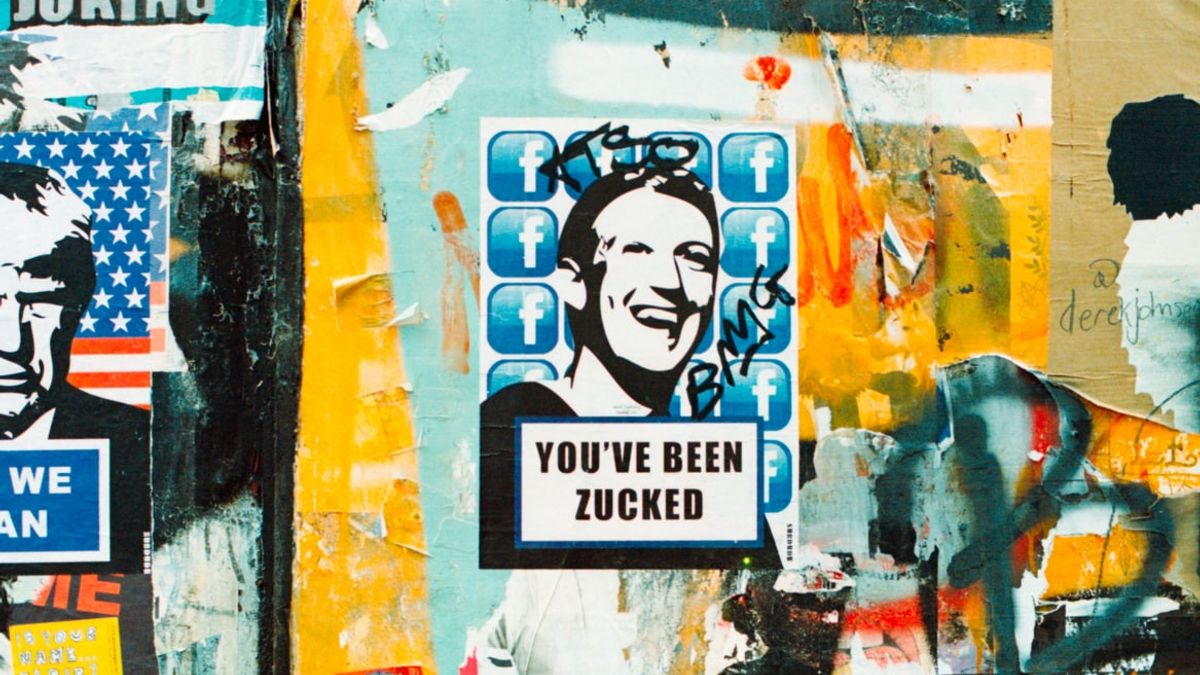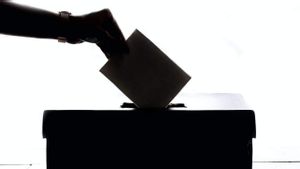JAKARTA - Facebook Inc will now count activists and journalists as involuntary public figures and thereby increase protections against harassment and intimidation targeted at these groups. This statement came from Facebook's head of global security in an interview this week.
Social media companies, which allow more critical commentary on public figures than private individuals, are changing their approach to harassment of journalists and "human rights defenders," who are called in the public eye to be more protected for their work than their public personas.
Facebook is under widespread scrutiny from lawmakers and global regulators over its content moderation practices and the harm associated with its platform, following internal documents leaked by whistleblowers that formed the basis of a US Senate hearing last week.
How Facebook, which has about 2.8 billion monthly active users, treats public figures and content posted by or about them has been an area of heated debate.
In recent weeks, the company's "cross-check" system, which the Wall Street Journal reports had the effect of excluding some well-known users from regular Facebook rules, has come under the spotlight.
Facebook also distinguishes between public figures and private individuals in the protection it provides around online discussions. For example, users are generally allowed to comment on the death of a celebrity in discussions on the platform, as long as they do not tag or mention the celebrity directly. But they cannot comment on the death of a private individual, or now a journalist, under Facebook's policies.
The company declined to share a list of other “accidental” public figures but said they were judged on a case-by-case basis. Earlier this year, Facebook said it would remove content celebrating, praising or mocking George Floyd's death because he was seen as an unintentional public figure.
Facebook's Global Head of Safety Antigone Davis said the company was also expanding the types of attacks it would not allow on public figures on its site, as part of efforts to reduce attacks disproportionately faced by women, people of color and the LGBTQ community.
Facebook will no longer allow sexually suggestive and unwelcome content, sexually derogatory photoshopped images or images, or direct negative attacks on someone's appearance, for example, in comments on public figure profiles.
The English, Chinese, Japanese, Arabic, and French versions are automatically generated by the AI. So there may still be inaccuracies in translating, please always see Indonesian as our main language. (system supported by DigitalSiber.id)











